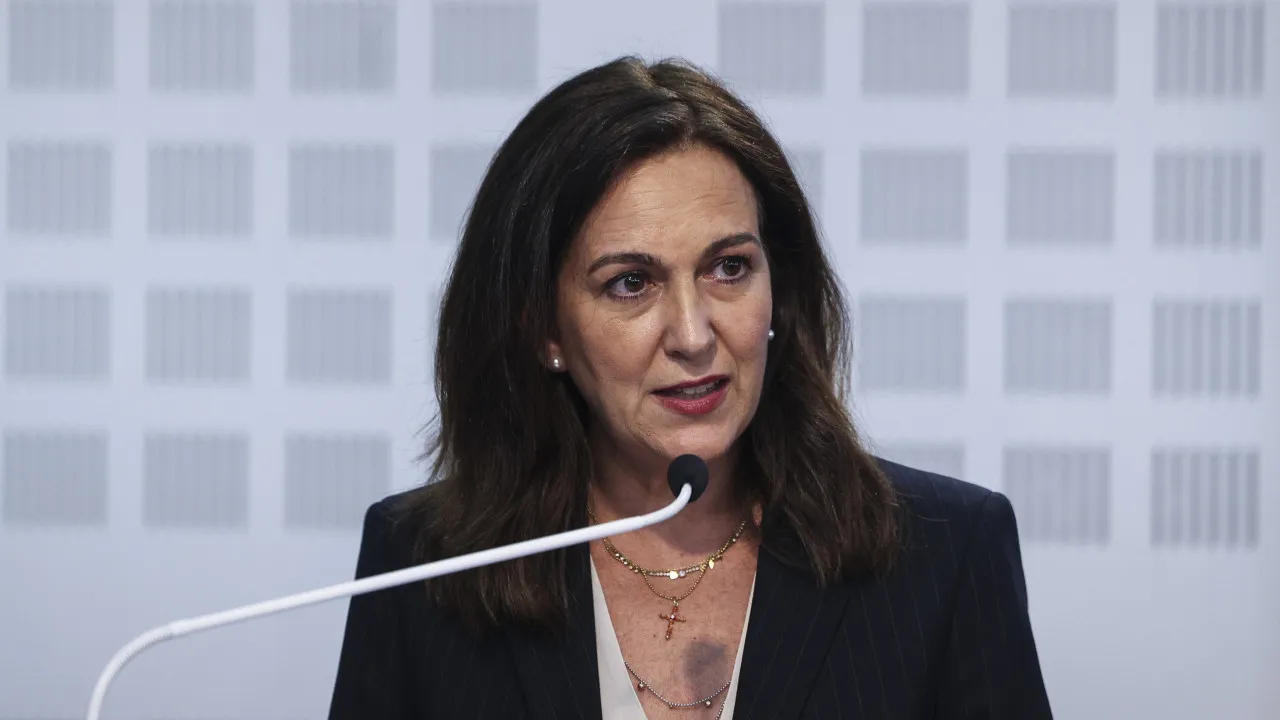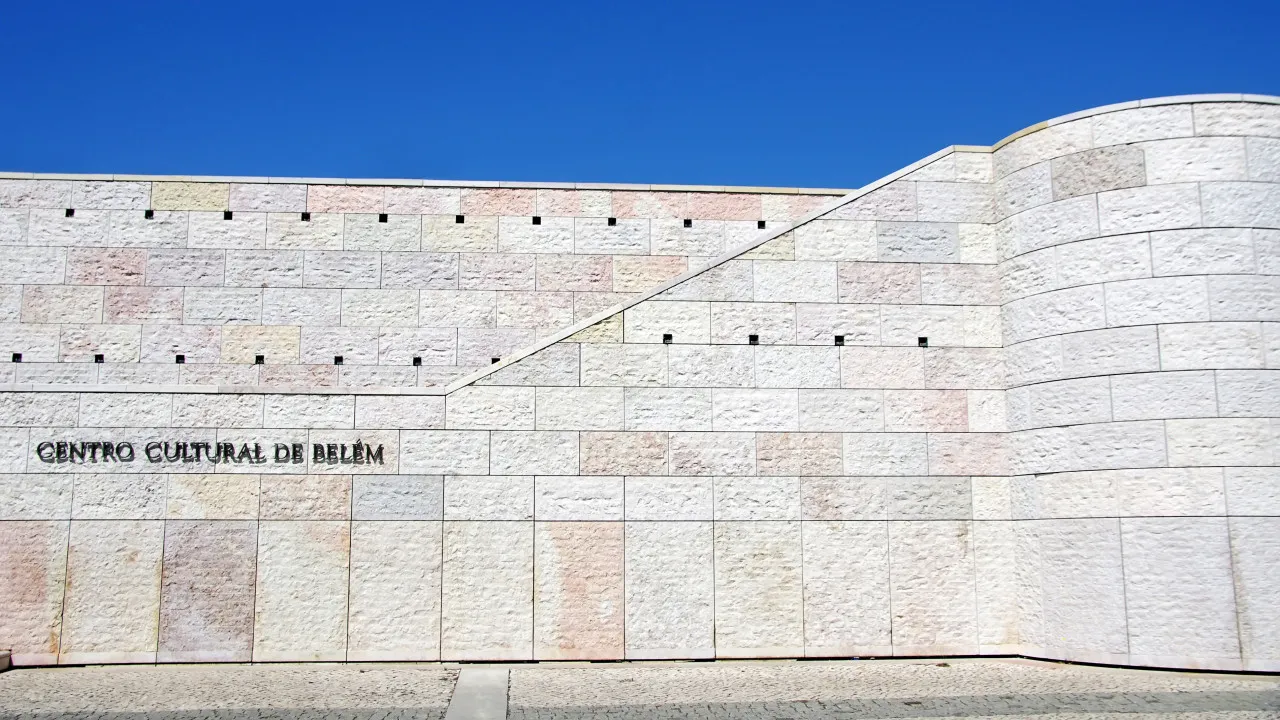
At the conclusion of the first training cycle for new judicial and Public Ministry magistrates at the Center for Judicial Studies (CEJ) headquarters, the Justice Minister, Rita Alarcão Júdice, declined to comment on the prosecutors’ strike due to a lack of official information, despite reports of 100% participation in some districts according to the union.
The strike, ending its regional phase today before the judicial holidays, initially began last week with two days of national strike.
Addressing the reasons behind the strike’s initiation, Rita Alarcão Júdice reaffirmed the government’s willingness to reduce magistrate training time to expedite their court service entry but refrained from intervening in the conflict.
“The Ministry of Justice will not interfere in the ongoing discussion between the union and the Public Prosecutor’s Office, and the Prosecutor-General specifically. The contribution the Ministry of Justice is prepared to offer is to shorten the courses, allowing trainees to enter the courts more quickly,” she stated.
Public Ministry prosecutors initiated the strike to challenge the annual movement of these magistrates, accusing the PGR of attempting to end specialization, and subsequently announced the filing of an injunction to halt it.
Regarding the escape of two prisoners from Alcoentre prison, now recaptured, the Justice Minister referenced a shortage of professionals, notably with 30 prison guards on sick leave, stating the Directorate-General for Reintegration and Prison Services “is investigating the situation of these absences.”
The minister also refrained from commenting on the actions of the Loures municipality regarding demolitions in the Talude Militar neighborhood, acknowledging they fall outside her jurisdiction but expressing her concern and belief in solutions being found for the displaced individuals.
When questioned about potential violations of fundamental rights in this case, Rita Alarcão Júdice emphasized that she is “the Minister of Justice, not a magistrate,” adding that the constructions were illegally demolished and that people were “timely warned.”
In response to warnings by the CEJ director, Judge Counselor Fernando Vaz Ventura, about budgetary and management constraints, training area deficiencies like digital, and low staff salaries, the minister highlighted recent changes in access rules, which led to “great success” in applications.
Concerning the magistrate training course marked by the sharing of test material among justice auditors (course trainees), the minister downplayed the issue, asserting that the situation “was immediately addressed” by the CEJ director, who took “swift and effective action,” declaring the matter “resolved.”




